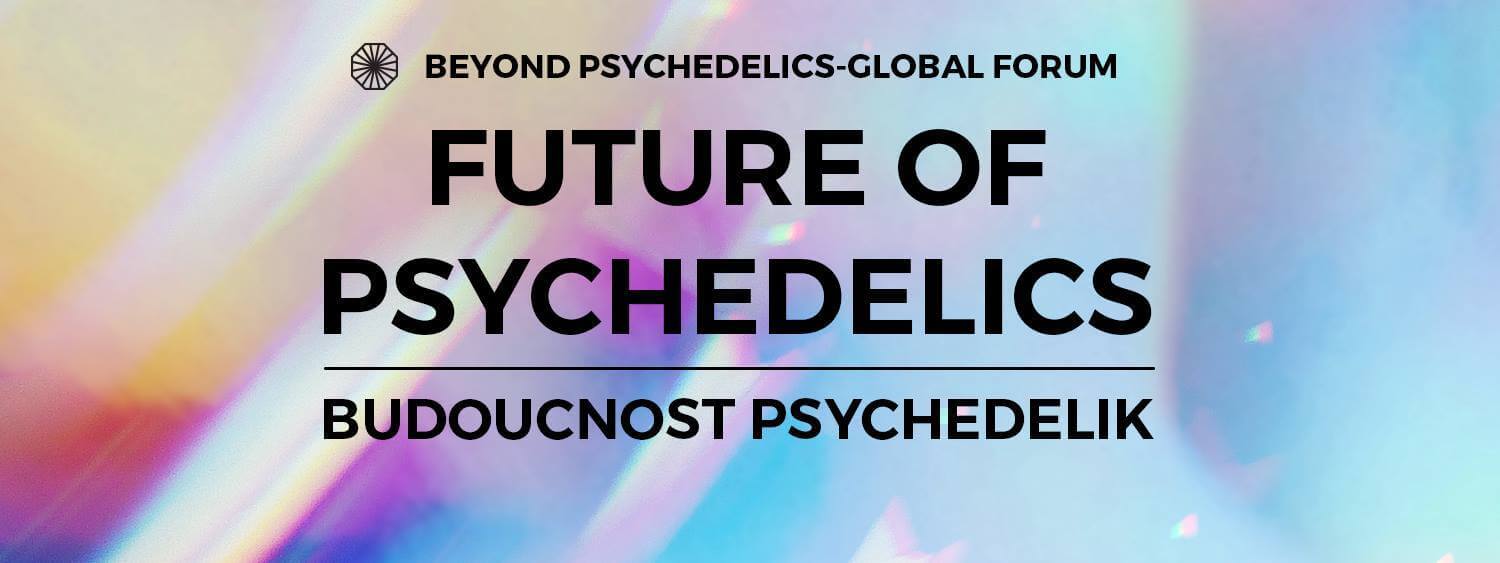
The Future of Psychedelics: Symposium
Amanda Feilding has been hailed by The New Scientist as the “hidden hand” behind the renaissance of psychedelic science and drug policy reform. When she set up the Beckley Foundation in 1998, she did so with the determination to make a reality of many of her lifelong dreams, such as bringing about the first ever brain imaging study on LSD, the results of which were released by the Beckley/Imperial Research Programme in April 2016.
This year has been characterized by spiraling scientific success: the LSD results were followed by the publication of very promising findings from a Beckley/Imperial pilot study using psilocybin to alleviate treatment resistant depression, led by Robin Carhart-Harris; and, most recently the Beckley/Sant Pau collaboration led by Jordi Riba saw ayahuasca stimulate the birth of new brain cells; a discovery which suggests the Amazonian plant brew could be developed into a treatment for neurodegenerative diseases like Parkinson’s and Alzheimer’s.
So what is next for Amanda Feilding? Where will she steer psychedelic science, and what new potential therapeutic applications for these important compounds will be revealed by the Beckley Foundation’s collaborations? Amanda was delighted to discuss the future of psychedelics in the afterglow of Beyond Psychedelics at a bonus symposium, on a panel with MAPS’s Rick Doblin, with whom she is co-hosting the Psychedelic Science 2017 conference in Oakland, California, Roland Griffiths of the Johns Hopkins Psilocybin Research Project, celebrated ethnopharmacologist Dennis McKenna and EmmaSofia founder Terri Krebs.
Podcast
- All
Links
- All
Support
- All
BIPRP
- All
Science Talk
- All
Amanda's Talks
- All
- Video Talk
- Featured
- 2016 Onwards
- 2011-2015
- 2010 and Earlier
- Science Talk
- Policy Talk
One-pager
- All
Music
- All
Amanda Feilding
- All
Events
- All
Highlights
- All
Psilocybin for Depression
- All
Current
- All
Category
- All
- Science
- Policy
- Culture
Substance/Method
- All
- Opiates
- Novel Psychoactive Substances
- Meditation
- Trepanation
- LSD
- Psilocybin
- Cannabis/cannabinoids
- Ayahuasca/DMT
- Coca/Cocaine
- MDMA
Collaboration
- All
- Beckley/Brazil Research Programme
- Beckley/Maastricht Research Programme
- Exeter University
- ICEERS
- Beckley/Sant Pau Research Programme
- University College London
- New York University
- Cardiff University
- Madrid Computense University
- Ethnobotanicals Research Programme
- Freiburg University
- Medical Office for Psychiatry and Psychotherapy, Solothurn
- Beckley/Sechenov Institute Research programme
- Hannover Medical School
- Beckley/Imperial Research Programme
- King's College London
- Johns Hopkins University
Clinical Application
- All
- Depression
- Addictions
- Anxiety
- Psychosis
- PTSD
- Cancer
- Cluster Headaches
Policy Focus
- All
- Policy Reports
- Advisory Work
- Seminar Series
- Advocacy/Campaigns
Type of publication
- All
- Original research
- Report
- Review
- Opinion/Correspondence
- Book
- Book chapter
- Conference abstract
- Petition/campaign
Search type

